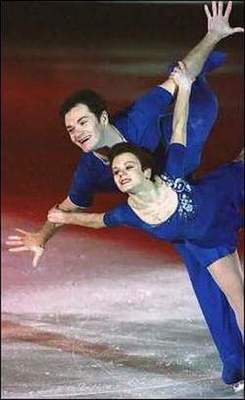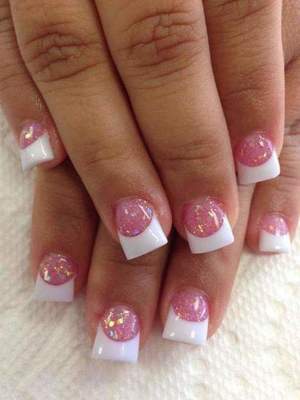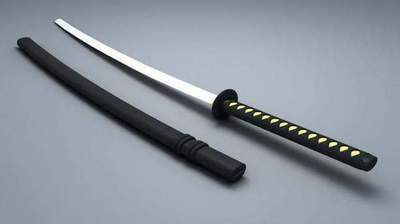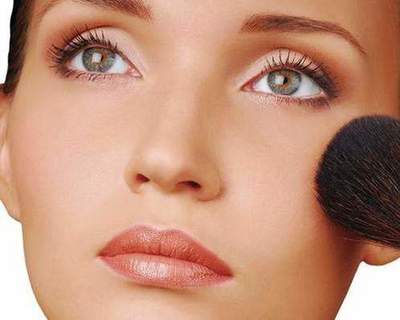Myths about the most famous aphrodisiacs

What do we know about aphrodisiacs? Named after the Greek goddess of love Aphrodite, these products and preparations increasing libido, for many centuries, it is the subject of research. Since ancient times, people believed that in order to awaken a sexual appetite, sometimes enough to satisfy basic hunger. Are certain foods and food additives can affect sexual desire? According to recent studies, there is not so much scientific evidence to support the hypothesis that ancient.
In 2015, in the scientific journal International Society for Sexual Medicine published the results of more than fifty studies, destroying some myths about the power of aphrodisiacs. Some of them work more as a placebo effect - a belief in their effectiveness and ability of products to give you a playful mood, at times, it is enough. Let's understand yet what foods and supplements do have a profound effect on our body, and which are nothing more than just a "delicious prelude"?
Oysters
Legendary lover Casanova supposedly ate 50 oysters a day to boost your virility and sexual stamina. Why? The fact that they contain zinc, needed for the production of testosterone. In addition, oysters contain certain amino acids and serotonin - two factors associated with feelings of pleasure. However, in studies direct relationship between consumption of oysters and increased sexual drive was not detected.
Ginseng
He has long been a popular herbal remedy for various ailments, but studies have shown that ginseng can only help men with erectile dysfunction. Unfortunately, information about the effects of this wonder-plant on the female body is not so much. However, we know that there is one type of ginseng, Korean red, which stimulates sexual arousal in women during menopause.
Chocolate
Even the ancient Aztecs believed that chocolate improves virility. They believed that all the matter in the components contained in the cocoa bean, which stimulate the production of serotonin, which subsequently increases the desire. Tragically all the sweet tooth of the world, modern scientists have found no evidence that this is true.
Mac
This root vegetable, a native of the Andean region of Peru, used for centuries to enhance fertility and excitement. Studies have found some promising facts proving that the Peruvian Maca can help women in menopause, sexual dysfunction, as well as men with erectile dysfunction.
Honey
For many centuries, honey was associated with romance in marriage (it is believed that the term "honeymoon" originated in England in the VI century in connection with the tradition that was followed all the bride and groom - in a month after the wedding, the young day had to drink mead - an alcoholic drink based on honey). Despite this, to date there is no reliable evidence showing that honey is an aphrodisiac.
Wild yam
Wild yam is used in the form of tablets in the treatment of gastrointestinal diseases, and its extract is added to creams that are considered to be, mitigate menopause symptoms and stimulate excitement. However, the International Society for Sexual Medicine stated that none of the studies did not significantly improve the sexual status of people were found to consume products from wild yam.
Vitex holy (chaste tree, Tselomudrennik)
This plant for many years taken for menstrual problems and menopause. Although some preliminary studies show that it can weaken the symptoms of PMS, there is no evidence that Vitex increases desire.
Text: Anastasia Dobroier













































